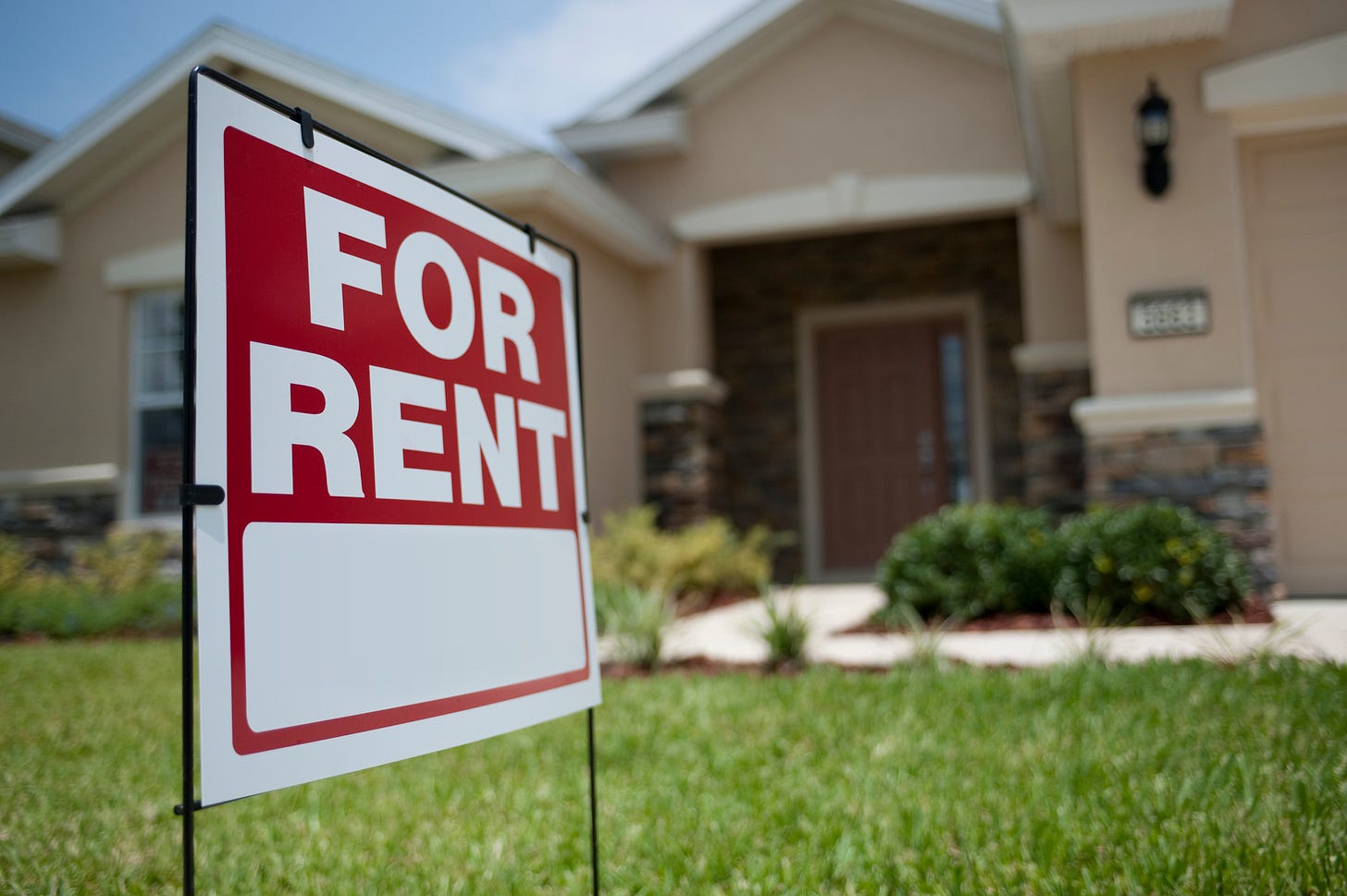The Fed Is Choking Real Estate in America and Will Continue "Until the Job Is Done".
This correction is explicitly desired by the Fed to cool down the economic machine.
While he has long denied the reality of inflation, Jerome Powell has now decided to fully address this problem, and he has redoubled his determination during his latest media interventions. “Until the job is done,” the Fed will now be adamant about tightening its monetary policy.
If there is one sector of the U.S. economy that is feeling the full brunt o…
Keep reading with a 7-day free trial
Subscribe to Sylvain Saurel’s Newsletter to keep reading this post and get 7 days of free access to the full post archives.




